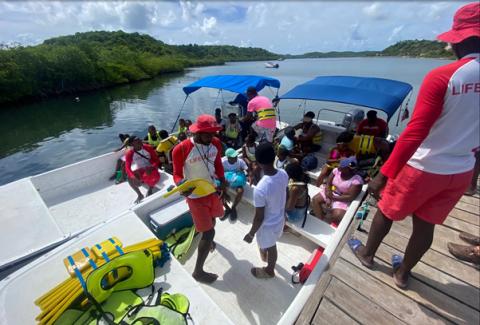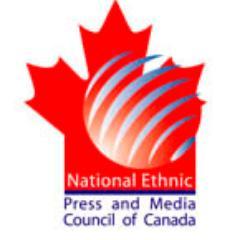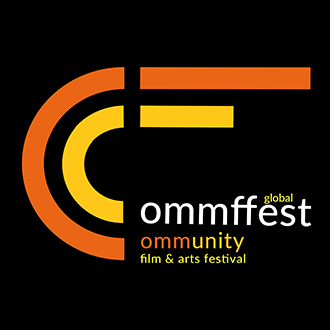
There is a burgeoning organisation called the Elkhorn Marine Conservancy (EMC) that is working to enhance the local stewardship of Antigua’s marine ecosystems.
How are they doing that? In three notable ways:
Firstly, by involving local divers to help tend to their coral nurseries located near Green Island and York Island on the eastern side of Antigua. Among the 12 coral species they are currently growing is the elkhorn coral, which was one of the most prominent corals in Antigua up until the 1980’s. However, today’s coral reefs are a far cry from what they once were.
As a certified diver, a local Antiguan can sign up to volunteer or even gain employment with the EMC in helping to maintain their coral nurseries. In their early days, marine scientists Dr. Molly Wilson and Genevieve Renaud-Byrne, sought to recruit local fishermen, diving instructors and guides to help deploy and maintain an underwater coral nursery and outplanting program. With individual donors from within and outside Antigua’s historic Mill Reef community financially backing the EMC organisation, Molly and Genevieve, along with a board of directors, were able to kickstart the coral reef restoration project. They have since hired proficient local divers with skill sets and personalities that make the work on the coral reef nurseries and related outreach activities successful ventures thus far.
One fisherman in particular took up that call, Elderfield ‘Tommy’ George (see photo above) who is captain of his own fishing vessel. A seasoned diver, he, alongside several other Antiguan divers, help to grow and maintain the Elkhorn coral nursery near Green Island. Samuel Cox and Kweesi Gyan assist on their days off from their duties as dive masters and dive instructors with local dive shops, and Vincent Williams, a fisherman, also dives with them. Monique Bigler, an Antiguan who recently completed her undergraduate degree, works as a diver and research assistant. Others in the team include Andre Phillip, a notable Antiguan kite surfer and photographer, as the social media manager, and Shannon Costelloe, originally from Trinidad, is the communications officer and also is on the diving team.
At present, they all make up the EMC team doing work along the shorelines of Antigua.
Secondly, a notable initiative run by the EMC is offering subsidised swim lessons to persons at a beach near the EMC’s restoration site. The pilot program offered in Long Bay, Antigua, over three weekends is a crash course in swimming, water safety and snorkelling skills taught by Edith Clashing of the Wadadli Aquatic Racers Swim Club. After seven sessions of beach classes, the eighth and final session is a boat ride to the EMC nursery at Ten-Pound Bay, where participants of the crash course can test their newly developed swimming and snorkelling skills. In the shallower areas they can view the coral table where they see the harvested fragments from various coral species being displayed. Then, they have the option to jump off the boat in lifejackets, flotation snorkel belts or pool noodles as they snorkel around the coral trees and ropes that make up the EMC Green Island Coral Nursery.
As the pilot has shown to be a successful initiative, more crash courses will be added across the island to engage more communities in safe swimming practices so that they too can learn about and become more engaged around EMC work with coral restoration. This pilot program runs alongside a summer camp for young people where they get to snorkel amongst the coral nurseries and learn about ocean stewardship.
Thirdly, as EMC’s aim is to enhance marine resilience and local stewardship of the marine environment, they have developed several guides to help persons living and visiting Antigua become environmental stewards by being aware of the impact as consumers. For example, when buying fish in Antigua, it’s useful to strike up a conversation with the fisherperson or fishmonger about what fishing methods are used. By buying from those fishermen who use line caught or spear fished catch over gill nets, you are supporting sustainable fishing practices.
By choosing to eat open ocean fish such as mahi mahi and yellowfin tuna over reef fish such as parrotfish (also known as ‘chub’) and grouper, you give the opportunity for reef fish time to reproduce as they reproduce at a much slower rate that’s the open ocean fish. If you do choose to eat reef fish, lionfish is a great option as it helps control the overpopulation in the Caribbean region.
Stewardship doesn’t have to stop at fish choices or coral reef restoration. It can encompass greater lifestyle choices as explored on EMC’s website: https://www.emcantigua.org/solutions
While making lifestyle changes are hard, regardless of the context, what is admirable about the EMC is the orientation of their activities towards local marine stewardship.



